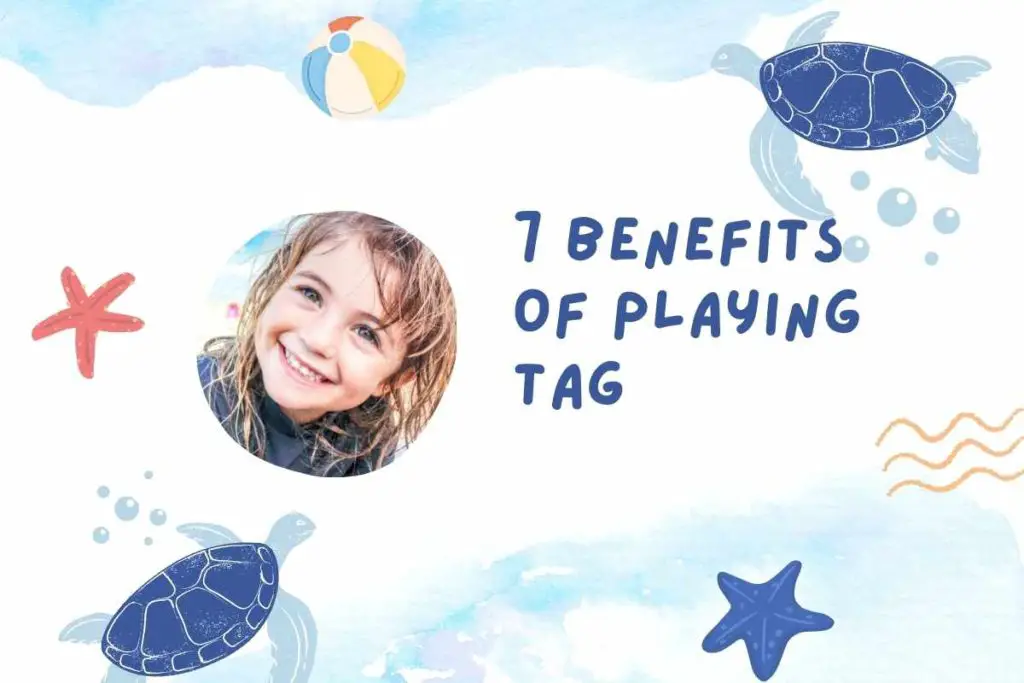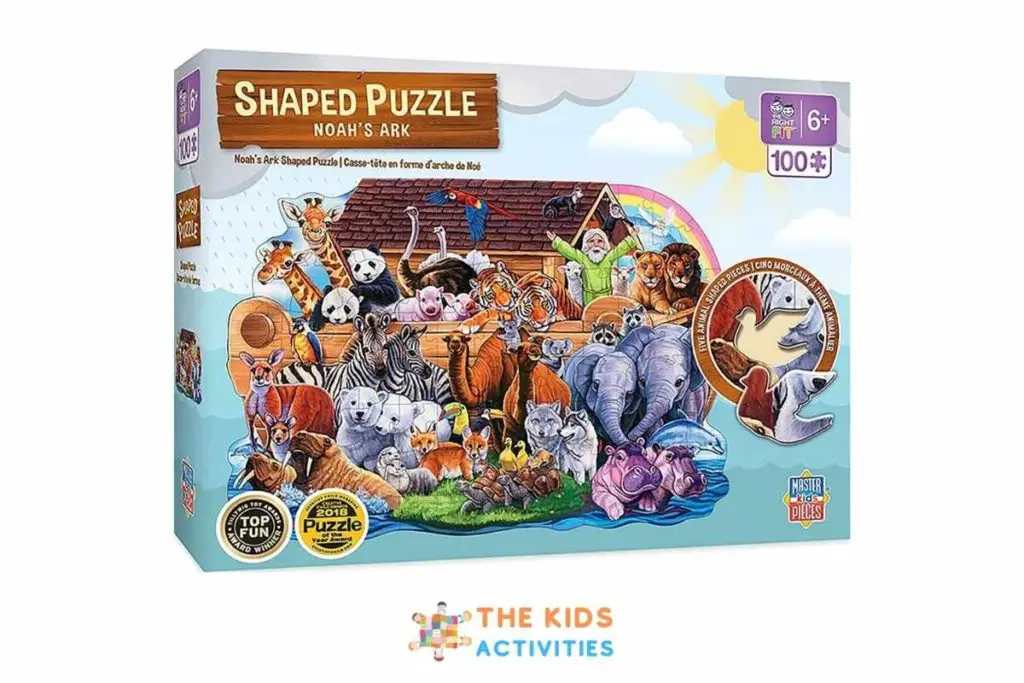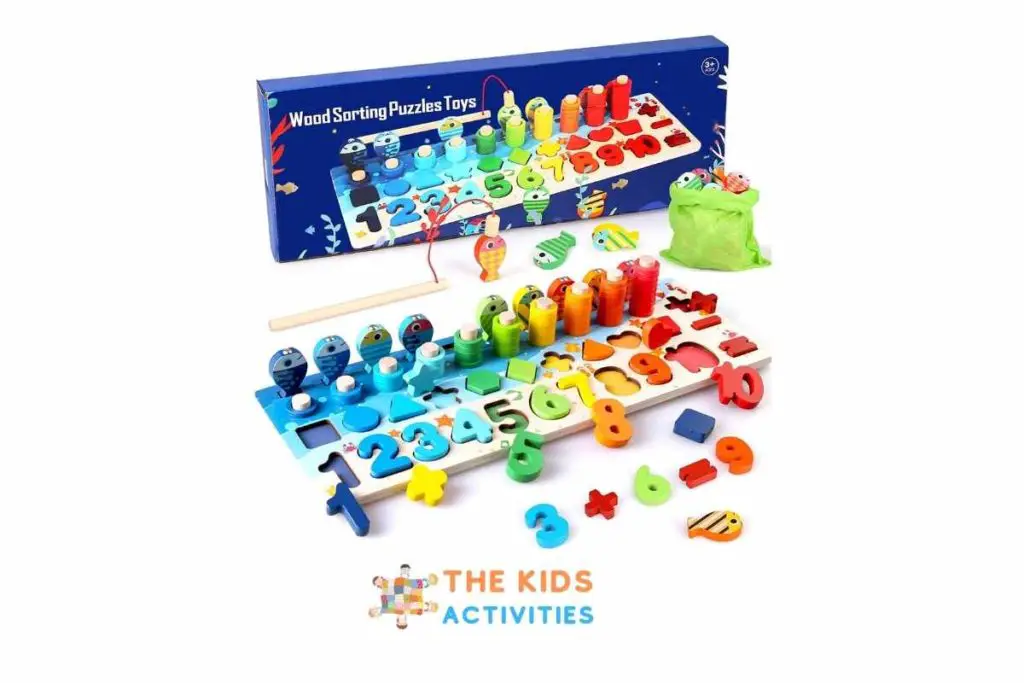7 Benefits Of Playing Tag Nothing quite brings back childhood memories like the game of tag. If you’re an adult, then you’ve probably seen children playing it at the local park or playground and maybe even.
felt a twinge of jealousy that you weren’t a kid again so that you could join in. But there’s no reason why adults can’t play tag!
And it turns out that there are many benefits for kids who participate in games like a tag that help them grow into healthy, well-adjusted adults. Here are seven of those benefits:
Tag Is An Excellent Way For Kids To Socialize
Tag is an excellent way for kids to socialize. It’s fun, it helps them develop their coordination and physical strength, and it teaches them how to interact with others in a healthy way.
Even if they’re not particularly good at the tag (and why should they be?), they’ll still get plenty of practice playing this game with their friends.
The tag can also help kids learn how to interact with adults, who are often more difficult to get along with than children their own age. Tag is one way that adults can play with kids without having the pressure of being parents or teachers on them; instead, it’s just “playing”. This gives everyone involved a chance to let loose without feeling embarrassed about what they do or say—which means no one feels like they need any special training before being able to participate in the game!
And what about when there aren’t enough other people around? That’s where tag comes in handy again: if there aren’t any other players available but yourself (or maybe even just one), then you can still have fun by chasing yourself around until your legs give out from exhaustion!
Tag Promotes Critical Thinking Skills
Tag is a game that requires you to be quick, but also to think ahead. You have to be creative and flexible in order to avoid being tagged. It’s a game that both children and adults can enjoy.
Tag Teaches Children How To Regulate Their Emotions
It’s important for children to learn how to handle their emotions. Tag is a game of chase and catch, which means that the person who’s “it” has to get close enough to you before they can tag you.
During this process, you may feel afraid or angry—but if you don’t express those feelings, your friends
won’t understand what’s going on inside of you. It’s a great way for kids to learn how they can regulate their own emotions without hurting anyone else!
Participating In Tag Promotes Physical Activity
Tag is an excellent way to get your kids moving, both physically and socially. It’s a game that requires running, jumping, and avoiding being tagged.
These are all great ways to encourage physical activity as well as promote social interaction between children.
Children can also play a variety of tag games in different settings around the neighborhood or at the park when they want a change of scenery from their backyard or playground. The tag allows children more freedom to move their bodies without having to worry about falling down like they would if they were playing a team sport. This gives them more confidence in their abilities while still having fun!
As mentioned above, the tag also promotes social interaction between children which has been shown time after time by studies conducted by various schools across America (and maybe even some other countries too).
Some people might think this isn’t very important but it actually is! The benefits here go far beyond just having fun with friends outside: research shows that improved social skills can lead directly to better grades later down the line when these same kids grow up into adults who don’t have any problems getting jobs at all because now they’re smart enough for those jobs too
Tag Helps Children Feel Confident And Self-assured
The game of tag teaches children to be confident in their abilities, their friends, and themselves. In order to play tag, children need to be able to run fast, throw the ball well, and catch it cleanly.
Children also need to know how to read the movements of others so they can avoid being tagged while they are chasing down someone who has been “it.” This teaches children that if they’re going to be successful at something, they have to practice hard enough so that they can do it right every time — even when under pressure or stress.
Tag is also a great way for children’s self-esteem levels because it allows them opportunities where they can shine through with their athletic ability without fear of failure. It’s hard not having confidence when you’re constantly ridiculed by your peers or adults; however, playing games like tag gives kids an outlet where no one cares about winning/losing—they just want everyone else around them happy!
Playing Tag Can Help Ease Anxiety
Tagging is a great way to let off steam, and it can help kids feel more confident. For example, some people have anxiety about social situations because they worry that they’ll be embarrassed in front of people.
But when you play tag, you get in touch with your body and realize that even if someone tags you right away, it doesn’t mean anything negative about yourself!
If your child has an anxiety disorder such as a social phobia or generalized anxiety disorder (GAD), the tag may help him or her feel more in control of his or her life. Instead of worrying constantly over what other people think about him/herself and their actions around others,
playing games like tag allows for relaxation because he/she knows there will always be another chance when another person comes along with the same interests as himself/herself
Playing Tag Helps Children Build Bravery And Resilience
When children play tag, they learn to deal with fear. When the person chasing them catches them, the child experiences disappointment at not being able to run away any longer or perhaps even sadness or anger because they were “it” for a while and had to chase other kids.
In this way, playing tag helps children build bravery and resilience.
When a child gets hurt during a game of tag—whether it’s an accidental shove or a fall down some stairs—they learn how to deal with loss: that there are times when we lose things even if we don’t want to (such as our ability to run away). This doesn’t happen very often in life but is important for children to understand so that they can be prepared for more difficult losses later on in life.
Playing Games Like The Tag Can Help Kids
Tag is a fun game and one of the best ways to be active, but it also has many benefits.
As we all know, kids can get pretty rambunctious, so it’s important that they learn how to regulate their emotions and build positive social skills. Tag helps with all of these things:
- Allows children to build confidence by chasing after others or being chased by others
- Helps children learn how to manage fear and uncertainty
- Teaches children about fairness and sharing
It’s not just for kids! Adults can also benefit from playing tag–especially those who are working on improving their own physical fitness levels.
Conclusion
In short, the tag is a wonderful way to help kids develop important social and emotional skills. It’s a fun group activity that promotes physical activity, boosts self-esteem, and helps children build friendships with other kids. It also teaches kids critical thinking skills and helps them regulate their emotions in a constructive way. If you haven’t played tag in a while, why not join your child the next time they want to go outside? Even if you don’t feel like chasing anyone, playing along can be good for your own mental health too!


